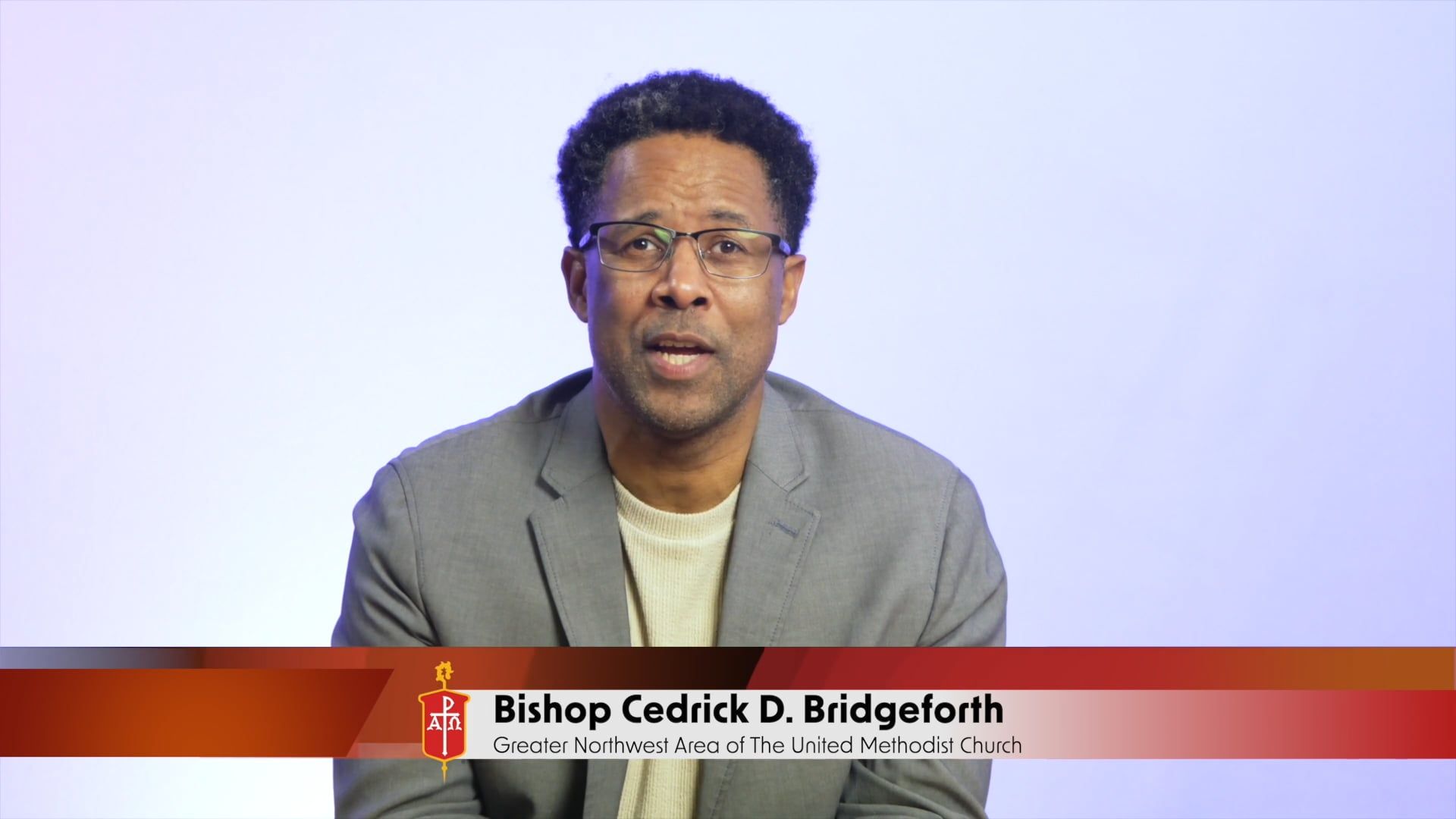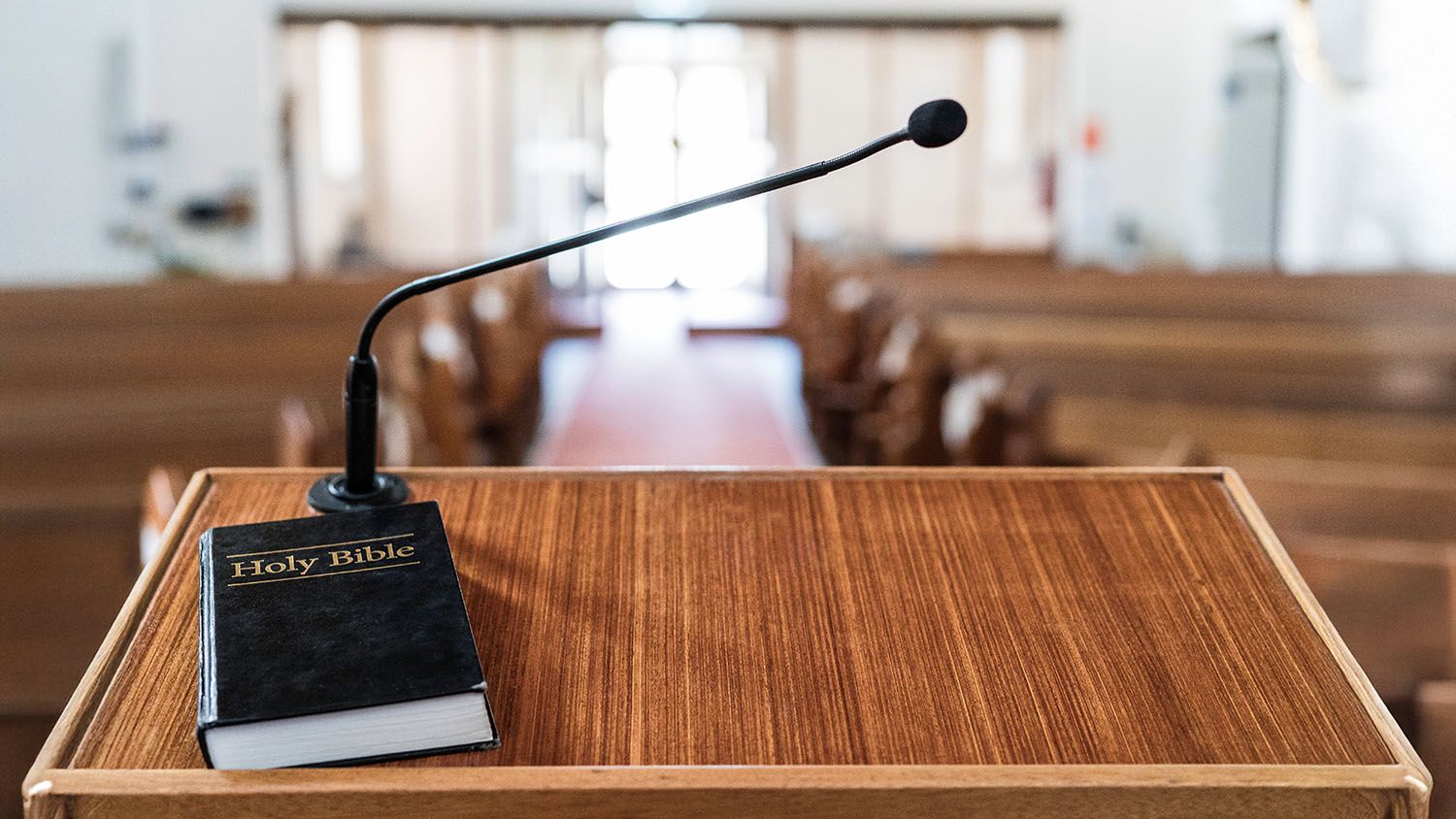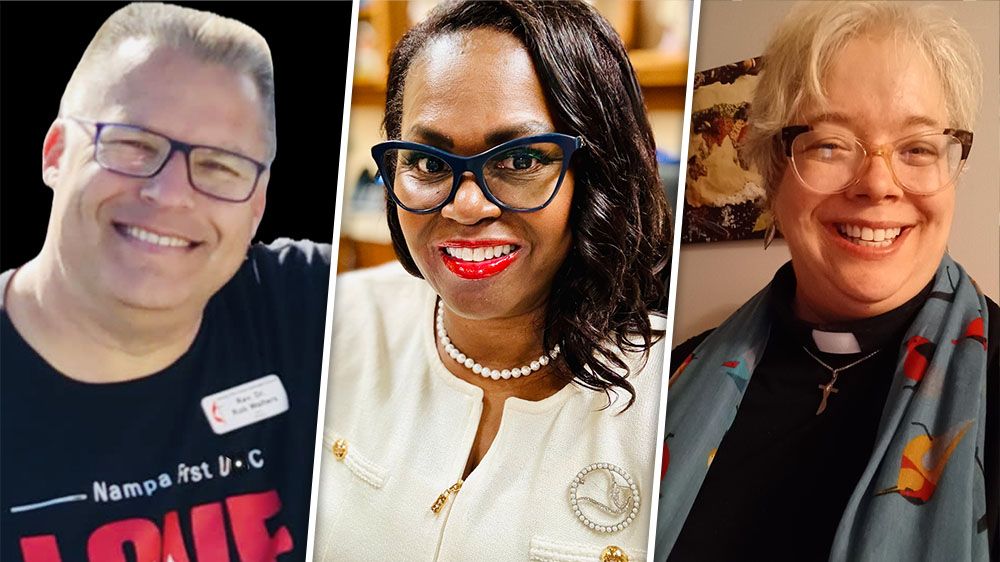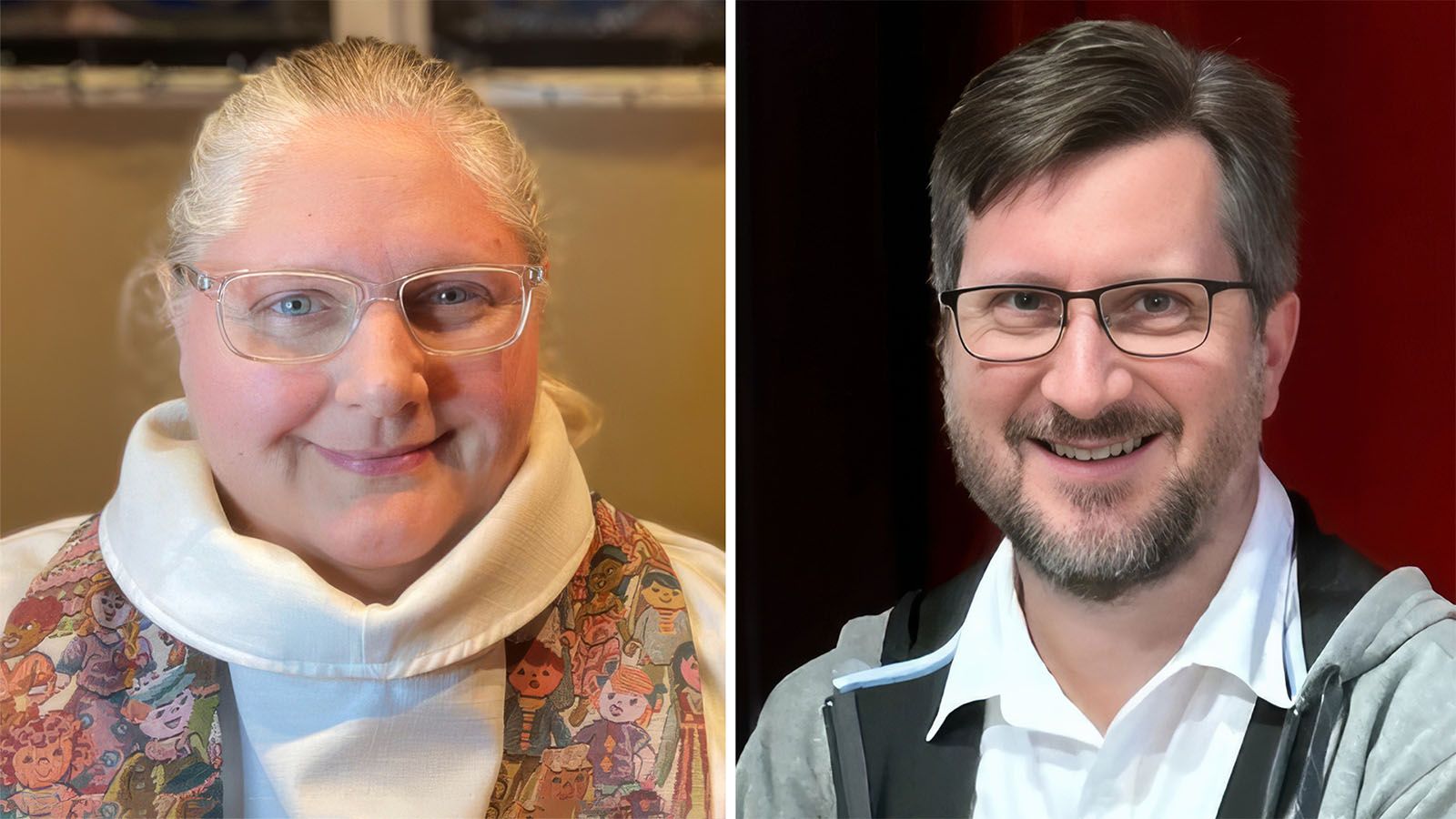A pastoral message from Bishop Cedrick amid violence in Portland, Minneapolis
Showing up for our neighbors
Staying true to our mission beyond politics
Inland and Seven Rivers Superintendency Team
Columbia and Sage District Superintendents team
GNW Area seeks director of property asset management
Director of Property Asset Management
The Greater Northwest Area (GNW) of The United Methodist Church is actively seeking a Director of Property Asset Management
to oversee the management of GNW property resources in support of the ministry of the conference. The director partners with conference leadership to strategically manage and maintain real estate and other property in alignment with ministry priorities and GNW’s framework of the M.I.L.E. (Ministry that Matters, Itineration and Location, Lay Ministry Enhancement and Eliminating Racism). The Director also oversees management of the Conference Center Operations for the Oregon-Idaho and Pacific Northwest conferences and the conference owned property portfolio, including closed churches, clergy staff housing, and vehicles.
The GNW encompasses ministries in Alaska, Idaho, Oregon, Washington, and British Columbia, supported by three Conferences (Alaska, PNW, Oregon-Idaho). This position is part of a team of directors coordinating administrative and shared services for the GNW Area and advises several committees, including the Board of Trustees, Archives and History, Congregational Development, and District Committees on Building and Location. The Director will communicate regularly with local churches, district superintendents, and conference committees on financial and business matters, and play a key role in financial, strategic, and conference-wide planning. The Director must provide timely, attentive service and support to conference members, churches, and staff, acting as a change agent when necessary.
Essential functions:
- Oversee asset and facilities management for the GNW Area in consultation with the Executive Director of Finance and Administration, while supervising assigned staff
- Develop and implement information systems and other asset management strategies, including identification and classification, lifecycle management, cost optimization and security management for ministry priorities
- Ensure property management and maintenance budgets operate within budget
- Manage vendor relationships and performance for office supplies, equipment, technology, and IT support services
- Oversee building maintenance, repairs, safety inspections, and managing building systems, equipment, and infrastructure
- Develop and implement strategies to manage real estate assets, including property deployment, maintenance, utilization and protection for ministry priorities
- Partner with Directors of Connectional Ministries to envision and implement use of property as a resource to support ministry development
- Guide church teams or committees through strategic planning, needs assessments, organizational audits, funding identification, and other operational tasks to expand and grow community-facing ministries.
- Serve as the point of contact for affordable housing and property redevelopment inquiries, coordinating with relevant personnel to support congregations and conferences through discernment, discovery, and development stages.
- Oversee real estate leasing, tenant relations, appraisals, and sales of closed churches, as well as maintenance of conference-owned parsonages and the Episcopal Residence for the Bishop
- Responsible for negotiation and coordination of vehicle purchases and leases
- Conduct risk and safety assessments, develop and implement risk management plans in alignment with ministry priorities
- Manage liability insurance and oversee insurance programs and compliance for Conference Centers and the property portfolio, while providing resources to local churches on risk and property management issues
- Evaluate opportunities using financial statements, market trends, and economic indicators, make data-driven decisions, forecast market trends in commercial real estate, and track spending to prioritize resources effectively
- Communicate complex information to stakeholders, negotiate favorable terms with brokers and vendors, build and maintain relationships, facilitate conflict resolution, and ensure confidentiality of sensitive information.
- Develop long-term strategies aligned with organizational priorities, stakeholder objectives, and market conditions, using planning tools to evaluate, prioritize, and delegate tasks effectively.
- Identify and assess risks to asset and facilities management, and develop and implement mitigation strategies
Qualifications:
- Bachelor’s degree, or equivalent experience preferred.
- 5+ years of experience in commercial real estate property management required.
- 3+ years of supervisory experience in multi-cultural and diverse environments required.
- Strong understanding of property laws and processes in GNW geographic region.
- Prior experience overseeing commercial lines of insurance for multiple entities
- Strong understanding of church-owned commercial property experience preferred.
- Nonprofit management experience is preferred.
- Knowledge of or willingness to learn, and commitment to, the United Methodist Church and how it functions at the local church, district, conference, area, and general church levels is highly desirable.
- Understanding and support of the values and mission of the Greater Northwest Area of The United Methodist Church.
Additional Considerations:
- In-office work schedule out of the Oregon-Idaho Conference Center located in Portland, Oregon or the Pacific Northwest Conference Center located in Des Moines, Washington with occasional travel, some evening and weekend work.
- Generous health and welfare benefits and paid time off
- 14 Holidays
To apply please visit:
Closing Date: 04/23/2025
GNW is an Equal Opportunity Employer and actively seeks and encourages applications from minorities, women, and individuals with disabilities. All offers of employment are subject to the applicant successfully completing background, reference, and other applicable checks.
No Staffing Agencies or Recruitment Firms








